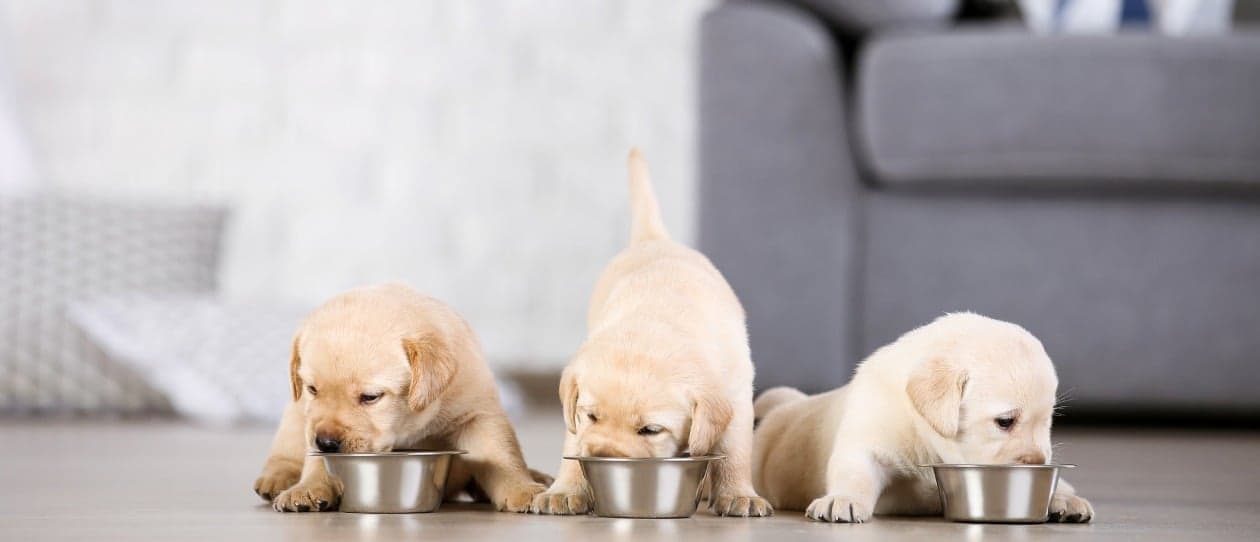
- PAW by Blackmores/
- A Guide To Perfect Your Pet's Health/
- Manage Your Dog's Digestive Health/
- Why does my dog eat grass?


Sorry to be the bearer of bad news, but there really isn't a 'one size fits all' answer for this curious habit. And you shouldn't be alarmed either way. Past surveys have reported over 80% of pet owners observe their dogs eating grass. This is a very common past time for our dogs.
Which brings us back to the original question. Why do dogs eat grass?
The answer is multi-factorial. Some dogs do it because they simply like the taste! Have you ever chewed on grass when you were younger? It’s not entirely unpleasant, or maybe that’s just me.
Another common reason why dogs chew grass is simply due to boredom. They are out in the yard, and have exhausted all other avenues of stimulation, and simply decide to chew on grass to pass the time.
Further suggestions have been made that dogs will chew on grass to increase the fibre content of their diet, or to fill a nutritional need or imbalance. Whilst this may be a possibility, it’s much more likely to be a reflection of taste, boredom or habit.
The last reason that people commonly use to explain this odd behaviour, is that dogs chew grass to induce vomiting, particularly in circumstances where they feel nauseous or have an upset stomach.
As much as I would love to believe dogs have the mental acuity to self-medicate, what is actually more likely is that they’ve eaten grass and then ended up vomiting, rather than deliberately eating grass just to vomit. The good news is grass induces vomiting in less than 20% of cases, which means you probably don’t have that much of a mess of clean up most of the time.
Should I be worried?
As mentioned above, there are a number of very innocent reasons why dogs eat grass, and for this reason alone, you really shouldn’t be overly concerned. To rule out any nutritional deficiencies, it may be worth moving your dog to a high-fibre premium dog food.If you suspect boredom may be playing a role, try to alleviate your pet’s boredom by introducing lots of toys, play, socialisation and exercise.
Should I try to stop the habit?
It shouldn't be a big issue if your dog continues to chew grass on an infrequent basis, however if he/she becomes quite obsessive about it, there is a small chance they could develop dental disease and osephageal irritation (from gastro-intestinal reflux).
Additionally, there may be circumstances where your pooch chews on a toxic plant, or grass that has been treated with herbicides or pesticides. So where possible, it’s probably a good idea to rein in the habit. You can find more information about toxic plants here http://www.petpoisonhelpline.com/poisons/
Hopefully this alleviates some of your concerns about dogs chewing grass. And always remember if you need more information, your local vet is just around the corner.
Related Products:
- PAW DigestiCare 60™
A multi-strain, multi-species probiotic and wholefood powder for the maintenance of everyday digestive health of dogs, cats and other companion animals. - PAW Dermega® Omega 3 & 6 Oral Supplement
Specifically designed for skin health. Containing omega fatty acids, PAW Dermega aids in the treatment of allergic and inflammatory dermatological conditions responsive to polyunsaturated fatty acids in dogs. - PAW Complete Calm Chews
Tasty kangaroo based chews that contains Tryptophan, B group vitamins and a blend of multivitamins and nutrients to support the general health and nervous function in dogs.




